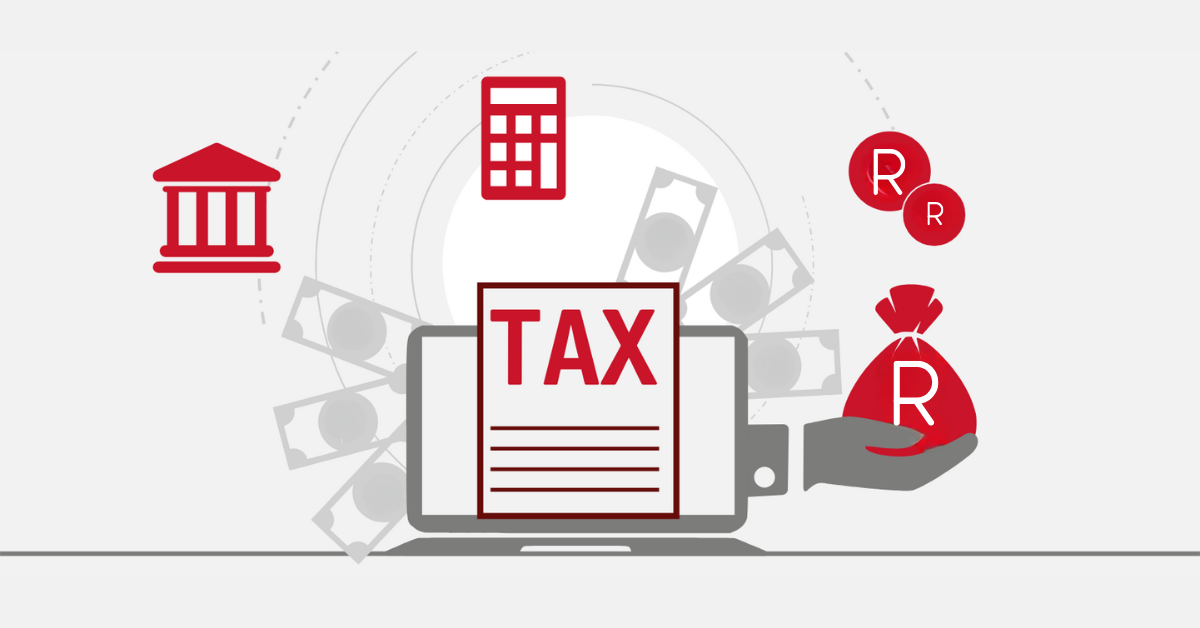The purchase of oil shares in South Africa can be an exciting diversification, enabling one to be involved with one of the most profitable products in the world. Oil exploration shares are sought after since they often yield high returns and are imperative to the global economy. It is also crucial for South Africans to learn how to trade oil stocks in local and international markets.
Can You Buy Oil Shares?
Yes, South Africans can invest in oil shares, but let us understand what that involves. Oil shares are stocks in companies exploring, producing, refining, or marketing oil and its derivatives. One could use ETFs and mutual funds to track the oil sector’s performance or price.
This means buying oil shares, which, for South Africans, is through some brokerage firm that gives access to the stock markets by trading massive international shares in ExxonMobil or even BP on foreign markets or investing in locally-based companies listed on the JSE. Another option is indirect investment in oil by buying shares in those firms that support the facilitation of oil.
How to Buy Oil Shares in South Africa
This, in a nutshell, is how one can invest in South Africa’s oil shares. Investors are obliged to decide in the very first instance on the trading platform or broker through which they can purchase the oil stocks. EasyEquities and Saxo Bank remain some of the well-recognized options for South Africans looking to invest in local and offshore markets. One usually undergoes FICA verification as part of the standard required registration process with a broker by providing proof of identity and address.
Of course, after registration, such investors would deposit money in the trading account, which could typically be in ZAR or even international oil shares. Hereby, the investor prepares to fund the account, and the next step is to research the oil companies you’re interested in. Do that by basing it on financial performance, dividend history, and market trends.
Investors may directly invest in the shares of various oil companies or can be invested in oil-based Exchange Traded Funds. These ETFs are a good diversifier, as they spread investments over many firms in the oil sector. Similarly, ETFs tracking Brent Crude Oil and the West Texas Intermediate can be played to get exposure to crude oil prices without necessarily taking direct exposure into any stocks.
When ready, place a buy order on whichever platform you choose. Specify your desired units of shares to buy or the amount of money you are willing to invest in that specific stock. Periodically monitor your investment to be informed about the ups and downs of the market and current news about the company.
Is Oil Stock a Good Investment?
Oil stocks are traditionally lucrative when the economy grows and energy consumption increases. Most oil-producing and distributing companies make immense profits that, of course, can reflect in handsome dividends and appreciation in share price for the investor. Remember that oil stocks will be appropriate only when your investment strategy and risk appetite are considered.
The oil industry is a type of cyclic business where prices are usually determined by global demand and supply. Events occurring anywhere on the world stage, cuts in production by OPEC, and new technologies into renewable energy could be some of the factors that may influence the prices of oil and, consequently, oil companies’ bottom lines. Oil stocks generally perform well when crude oil prices rise; however, any losses in this market can be huge. South Africans’ investment in oil stocks is part of the broader energy market.
Nevertheless, investment in other aspects may reduce the risk factor since the prices of oil are usually very volatile. Second, looking ahead, such a move into renewable energy does affect future growth in the oil industry. An oil stock is an excellent addition to your investments, but always do your homework and consider all the factors.
How to invest in Oil Stocks: Which way is the best?
It all rests on your objectives. Decide how much you can set aside for the venture and the risk you’re ready to take. Conveniently enough, for many capitalists, a good trading platform would be the most accessible avenue to invest in oil-related stocks. Find a low-cost broker that is easy to use and finally allows access to the oil stocks or ETFs you wish to purchase.
Another good way to invest is in oil ETFs. These funds track the performance of a pool of usually oil-related stocks or crude oil prices, creating a performance that spreads the risk and reduces the probability of losing money on investment in a single company. In this context, these can also include ETFs on Brent Crude or energy companies to give an overview of the general view of the oil industry.
If the investor has enough capital, they can invest directly in established and reputable international oil companies that ensure a stable return due to good positioning in the market, such as ExxonMobil, Chevron, or Royal Dutch Shell. Another route may be local investments in South African companies involved in oil distribution or services.
What Oil Firms Are on the JSE?
No major SA oil producers exist on the JSE, though some selling and distributing companies of petroleum products do exist. An excellent example is Sasol. It is a South African company in the energy and chemical fields. They manufacture and sell liquid fuels, chemicals, and gas. As the price of Sasol’s share directly relates to the cost of oil, its share price fluctuates with the variation in the oil price, and it can attract investors who want to invest in the oil market directly.
Other companies fall outside of the oil and gas industry but support it through logistics, infrastructure, and services for the energy market. While not as diverse as some global markets, these are considered the local way to play in the oil industry.
Final Thoughts
Investing in oil shares from South Africa provides a chance to benefit from the global energy market while diversifying your portfolio. Given the different options available – from Sasol for local companies to international giants and ETFs-South Africans have been presented with various investment routes. Nonetheless, oil investing carries its level of risk, such as market volatility and uncertainties involving geopolitics. Do proper research, keep abreast of market fluctuations, and find a financial counselor to ensure informed decisions. In conclusion, balancing oil stocks against other investments will lead to a robust and resilient portfolio.














